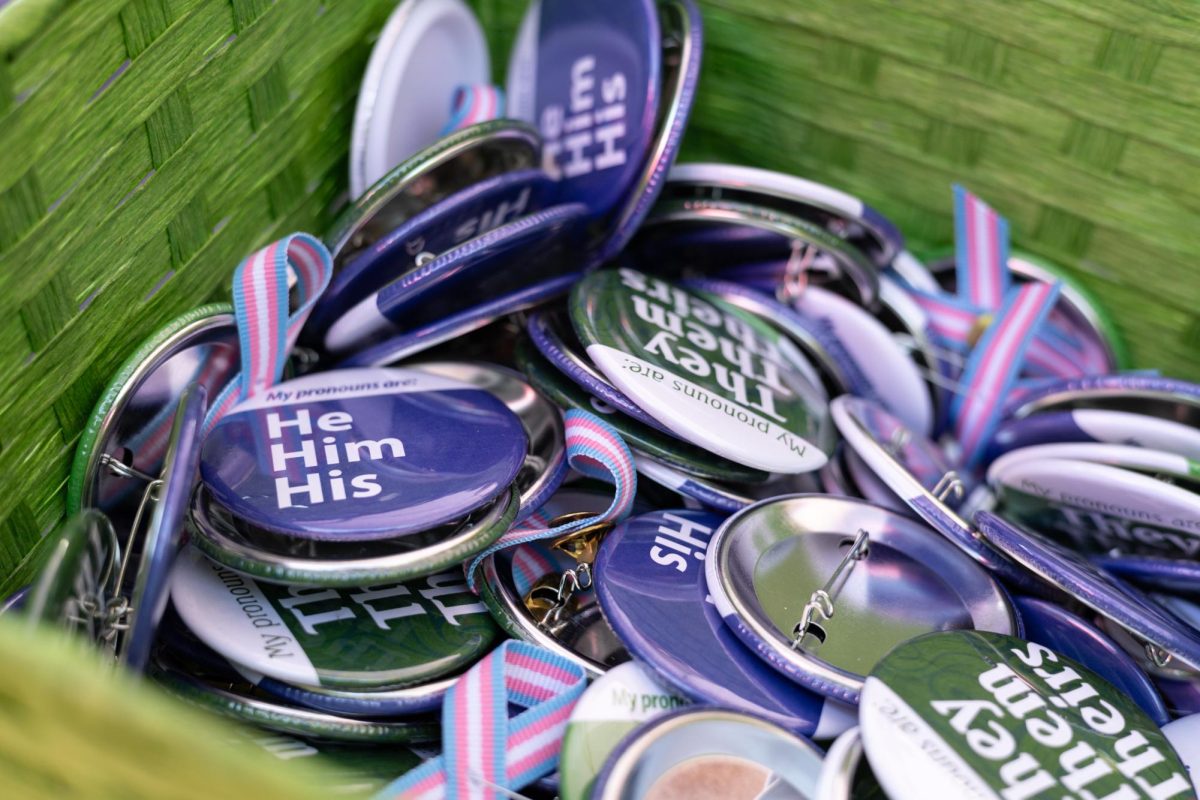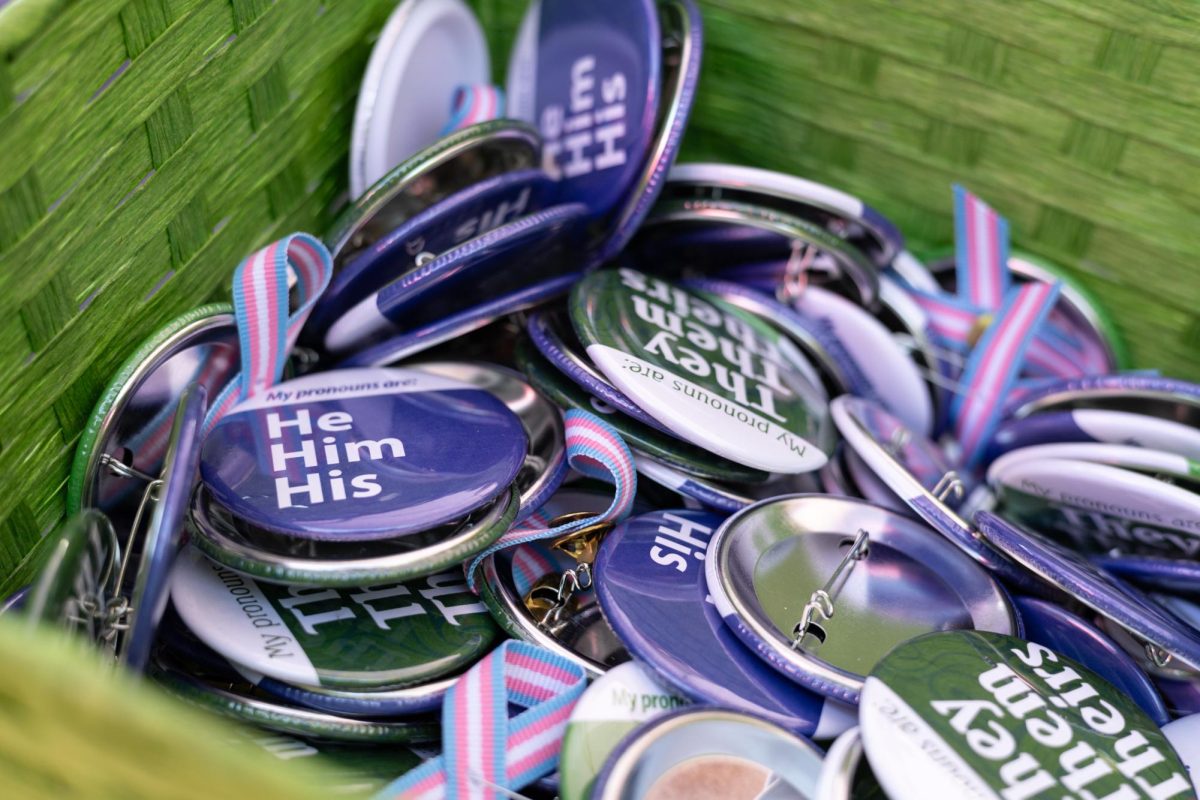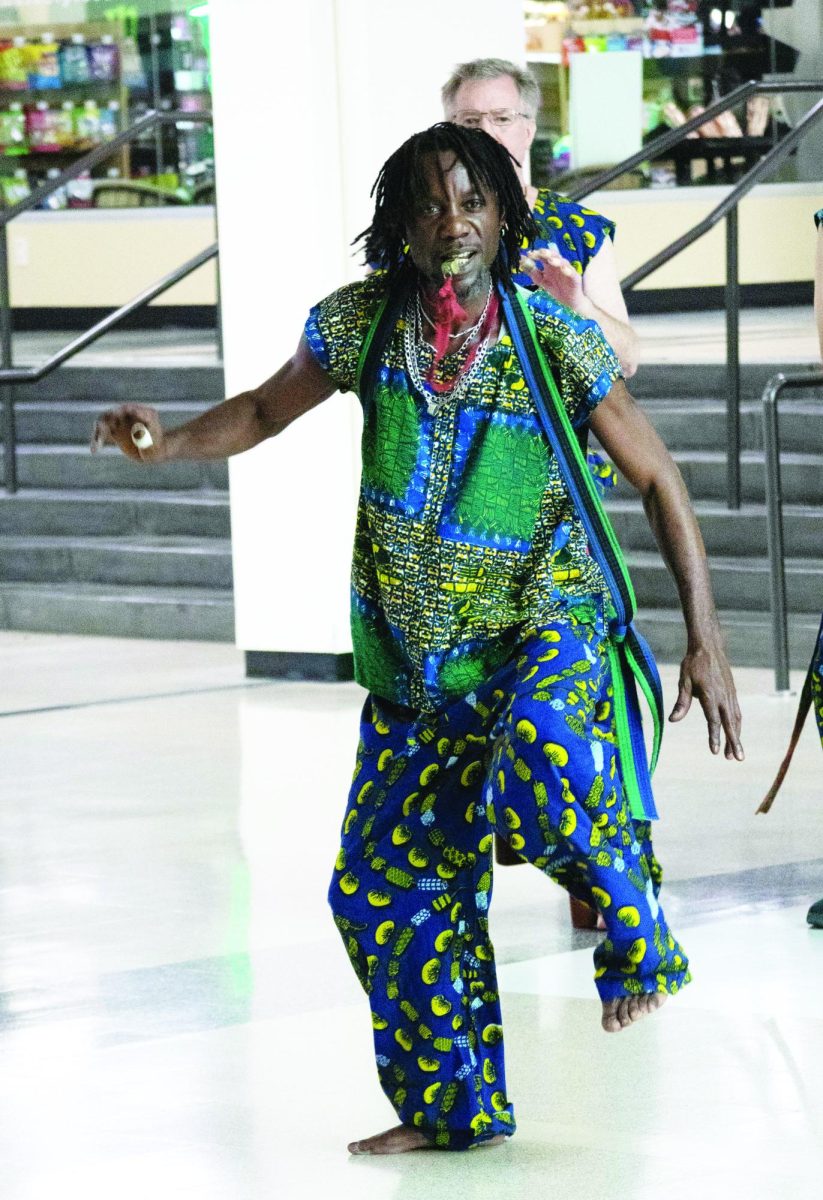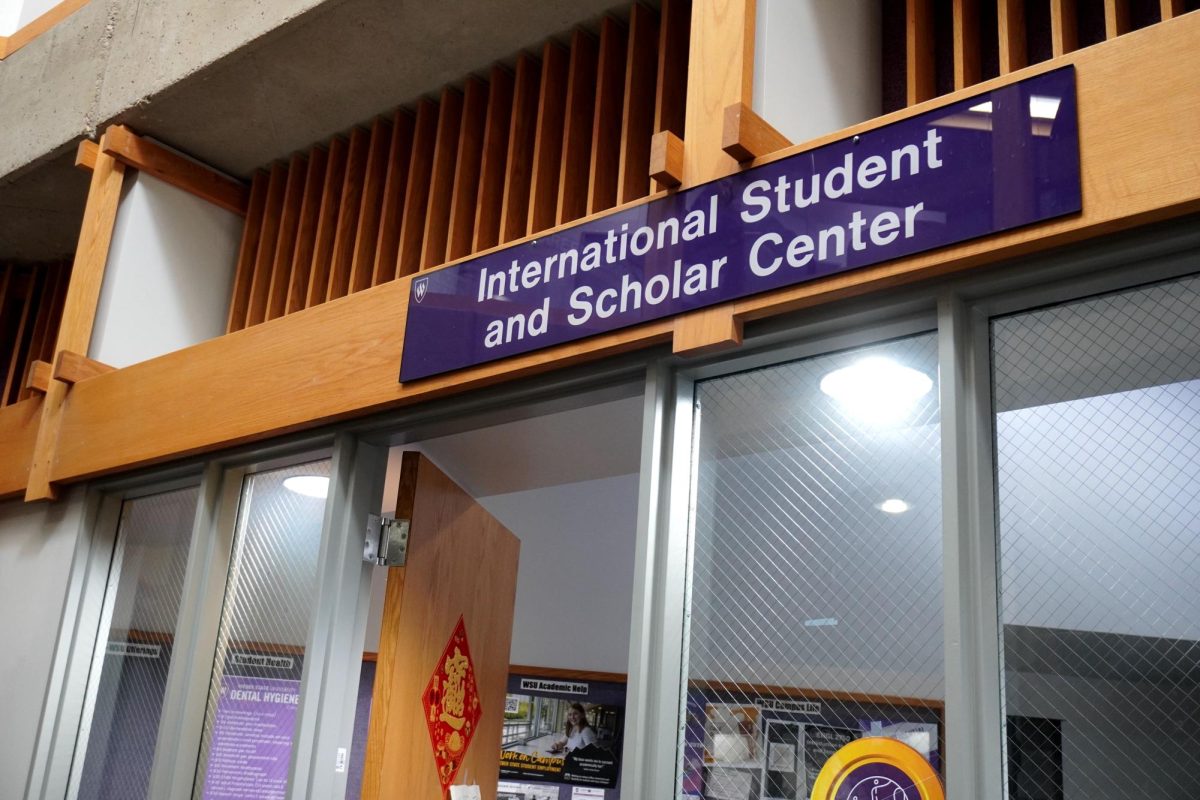The Weber State Pacific Islander Club celebrated their heritage through an art exhibit on Aug. 27 in the Union Building.
The artists expressed their history in art and explained how their work was based on their culture. Members of the club then performed a dance from the artists’ native land.
Tracy Williams, who has always been fascinated with street art’s unique expression and vibrancy, was the first artist to discuss her paintings.
The guidelines for her paintings always follow three C’s: culture, community and children.
“I wanted to use art to remember my roots and where I came from,” Williams said. “Also, to pay tribute to my ancestors and to paint their stories and their journeys.”
She reflected on the old saying, “It takes a village to raise a child.”
“What they don’t mention is not everyone wants the child,” Williams said. “This is where I reflect emotion.”
When she was a child, Williams once asked her aunt if her work could end up in galleries. Her aunt replied, “Why not?”
Williams’ goal is to see more representation of Polynesian culture in modern art. She wants to see Polynesian ballets and theatrical plays.
The second artist of the night was Bill Lewis.
“In school I would always doodle,” Lewis said. “Every time I did something, it always drew me back to art. So I started drawing, then I started painting. Eventually it developed into a much more serious skill.”
Though he was deeply interested in graffiti art, Lewis said he never saw any other Polynesians expressing themselves through the medium.
“I didn’t see a lot of avenues,” Lewis said. “I didn’t see a lot of opportunities. So I started creating my own opportunities.”
Monique Hoching, the Public Relations Officer of the Pacific Islander Club, explains that a reoccurring aspect of the club is family.
“In the Pacific Islander Culture, family is a very important thing,” Hoching said. “We try to provide that for everyone. It’s like a home away from home on campus.”
Hoching ended the night by expressing how powerfully the artists’ work spoke to her.
“Growing up in Utah has been a blessing, but there are times in institutions and schools that I never saw myself,” Hoching said. “I never saw my people reflected back to me.”
She accepted it until she saw an opportunity to change it.
“We are finally getting to see ourselves in spaces that weren’t created for us,” Hoching said.




















